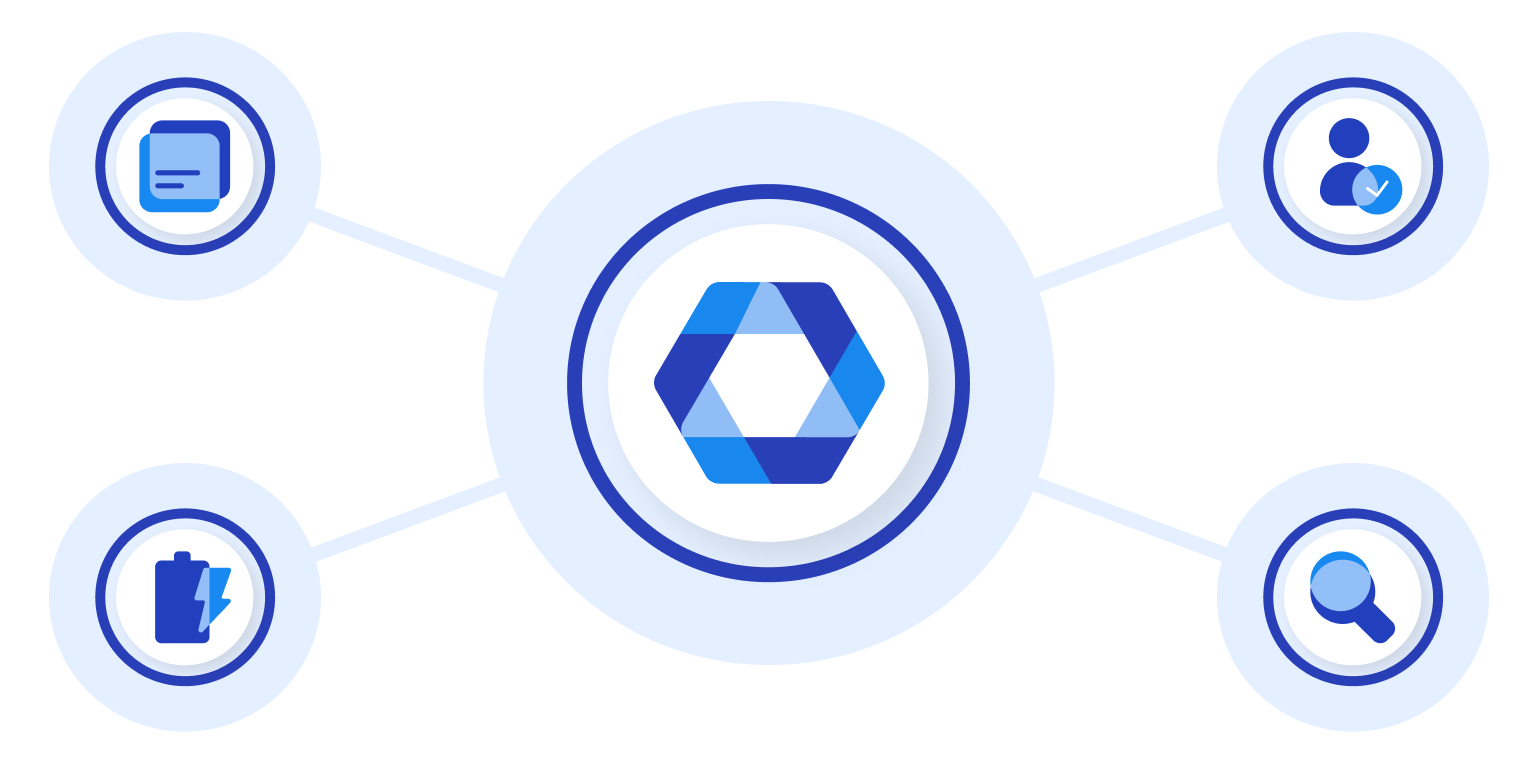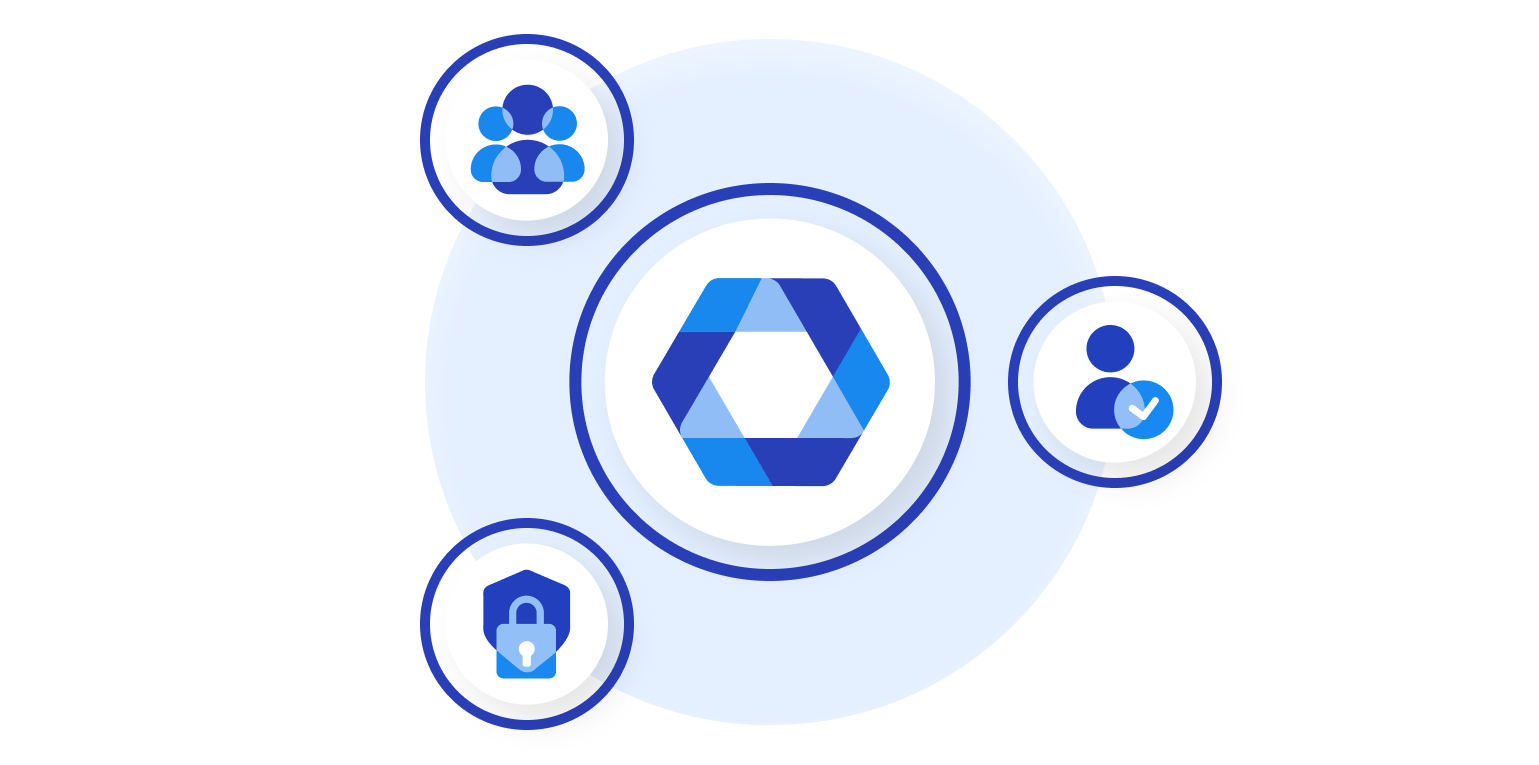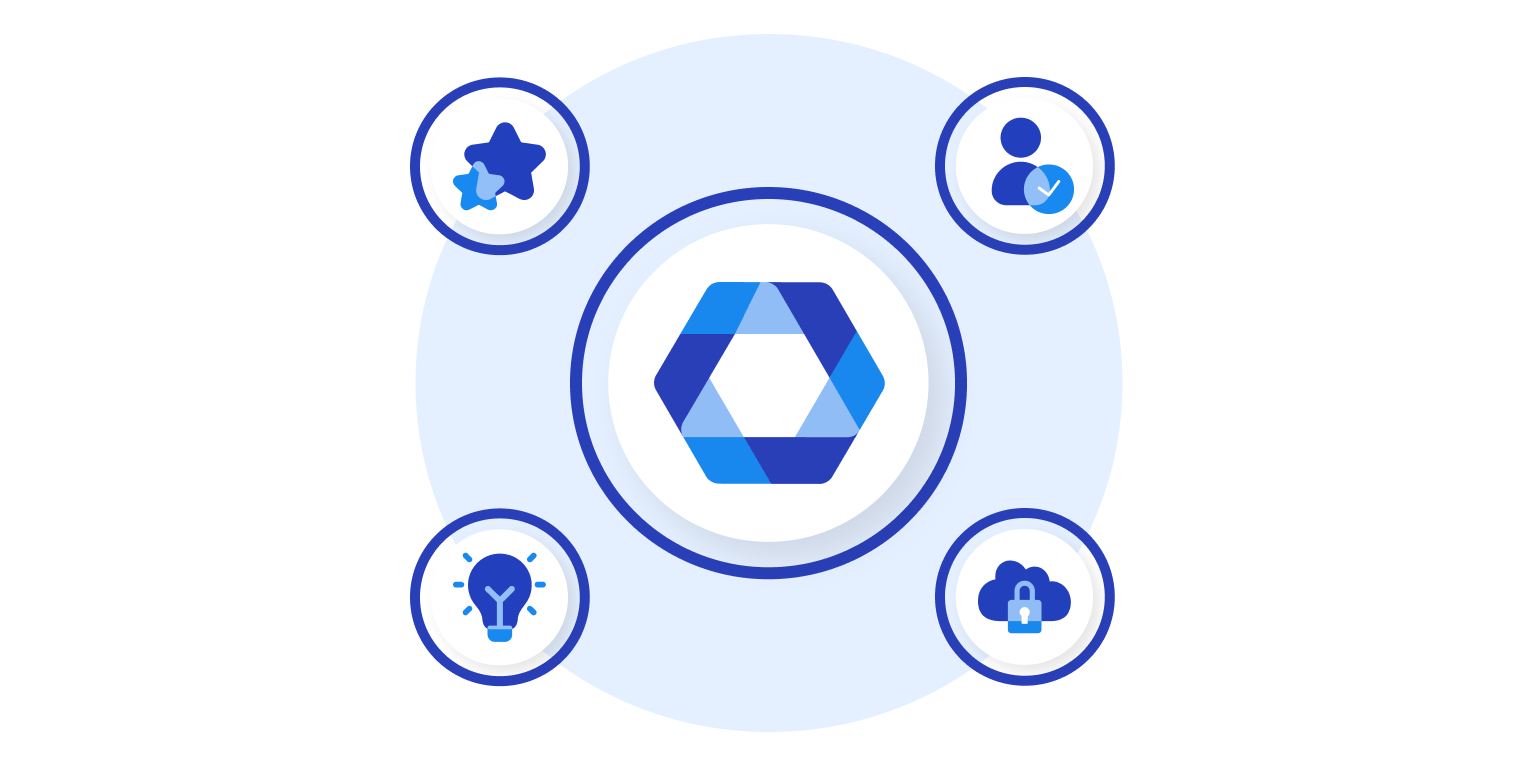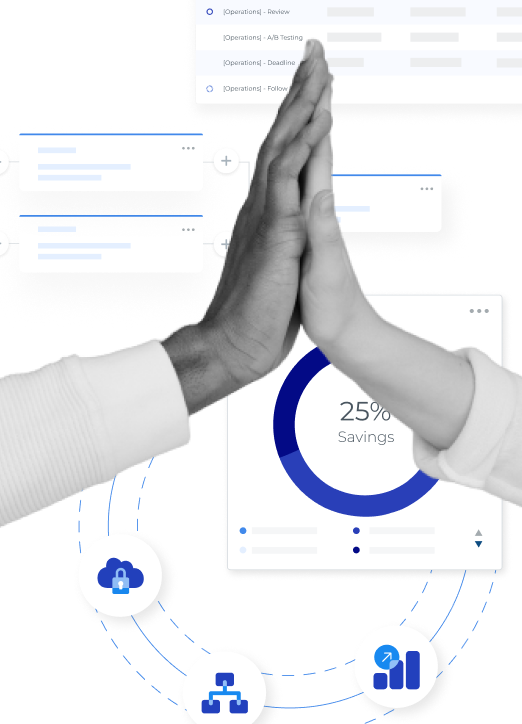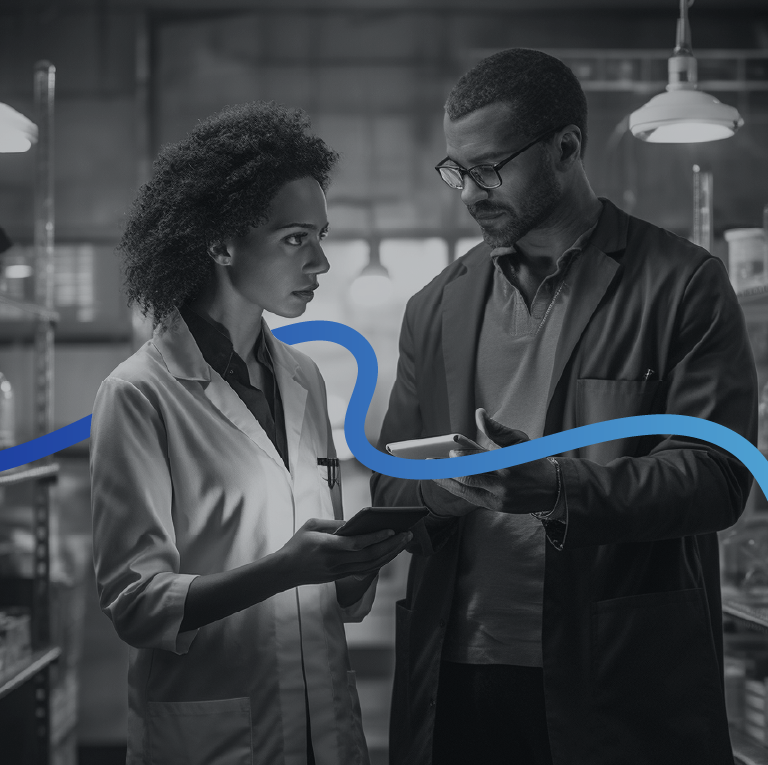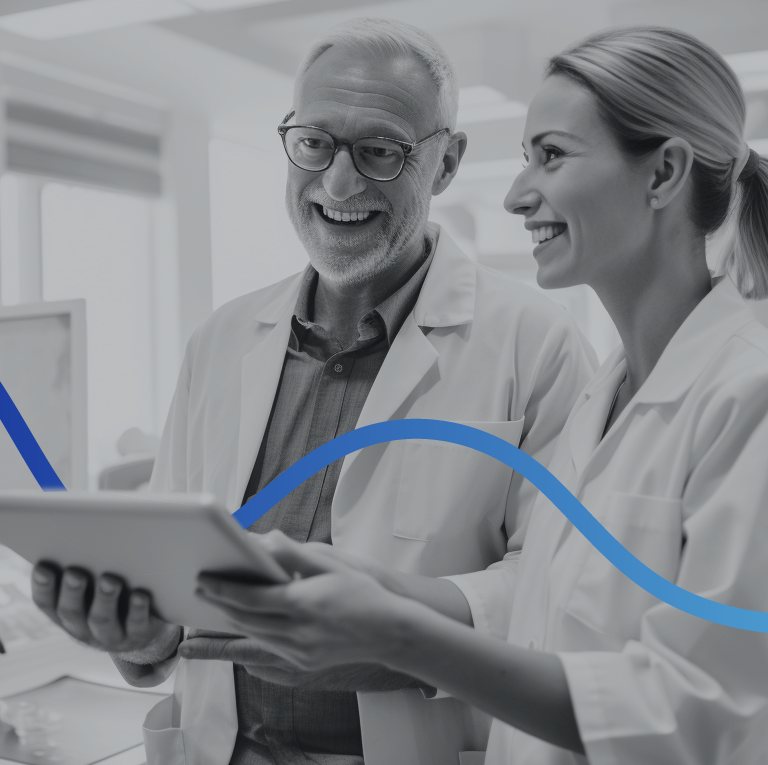Imagine if a technology could tailor your nutrition based on your individual needs. Sounds futuristic?
Welcome to a world where artificial intelligence (AI) meets nutrition.
Integrating AI in nutrition is a promising mix of technology and health that can redefine nutritional advice and dietary habits and impact healthcare professionals and health-conscious individuals alike.
Let’s discover this growing field below.
Understanding AI in Nutrition
Before we dig deeper, we must understand that AI is the science of developing intelligent machines that can perform tasks humans do.
In health and nutrition, AI has proven valuable by providing tools that help us understand the complex nature of our dietary requirements, predict risks of diet-related diseases, and offer nutrition advice based on our unique physiology and lifestyle.
Like other areas of healthcare, nutrition is also seeing significant AI influence. Artificial Intelligence applications in nutrition are centered on understanding complex dietary data to improve health outcomes.
AI Applications in Nutrition
AI can provide new nutritional insights, enabling us to tailor our diets based on our needs for optimal health.
Diet and Gut Microbiota
One of the most critical areas where AI is making a significant impact is in understanding the relationship between diet and gut microbiota. Healthy gut microbiota is linked with several health benefits, including improved digestion, immunity, and overall health.
AI Tools for Microbiota Analysis
Three AI tools enabling this analysis include:
Metabiota
Metabiota takes microbiota analysis to a new level. This AI tool analyzes vast amounts of data to predict health implications based on changes in gut microbiota. It studies these changes and their impact on health for early disease prediction and prevention.
Viome
Viome is another AI tool that provides in-depth insights into an individual’s gut health. It analyzes microbial, human, and mitochondrial gene expression to create personalized nutritional plans to improve gut health and wellness. It acts like a personal gut health advisor, providing recommendations tailored to your unique gut microbiome.
DayTwo
DayTwo takes a different approach to gut health. It offers personalized nutritional advice based on an individual’s unique gut bacteria balance. It analyzes the genetic composition of the gut microbiome and combines it with individual parameters like age, height, weight, and lifestyle to provide personalized dietary recommendations.
These AI tools represent just the beginning of a rapidly expanding field, with the convergence of AI and nutrition bringing even more innovative solutions in the near future.
Nutrigenomics and Personalized Nutrition
As we seek a more personalized approach to nutrition, AI is leading the charge in the emerging field of nutrigenomics.
Nutrigenomics is the study of the interaction between nutrients and genes, which focuses on how our diet can influence gene expression. This field acknowledges that each person is unique, with a distinctive genetic makeup that interacts with our diet in a way that’s specific to us. As such, the one-size-fits-all approach to diet and nutrition may soon be outdated.
By leveraging AI’s computational power and machine learning algorithms, scientists can quickly and accurately analyze our genetic makeup. With this knowledge, AI can make tailored nutritional recommendations based on our unique genetic profile.
This means the dietary advice and nutrition plan you receive are uniquely made for you to boost your health and wellness based on your specific genetic makeup.
Benefits of AI in Personalized Nutrition
Using AI in personalized nutrition has several benefits.
Precision
AI allows for unparalleled precision in nutritional recommendations. By considering an individual’s unique genetic makeup, AI can give dietary advice tailored to your body’s specific needs and responses, which promotes optimal health and well-being.
Convenience
Traditionally, developing personalized nutrition plans involved time-consuming trial and error. With AI, this process becomes convenient and accessible. Scientists can analyze genetic data rapidly and accurately, making personalized nutrition accessible to more people.
Efficiency
One of the greatest benefits of AI is its ability to analyze vast amounts of data quickly and accurately. In personalized nutrition, AI can speed up the process of analyzing genetic data and providing personalized nutrition plans so you can receive customized dietary advice faster.
Food Composition and Dietary Assessment
AI’s role in nutrition isn’t limited to gut microbiota and genetic interactions; it also extends to our daily diets. One critical aspect where AI has a profound impact is identifying food composition and assisting in dietary assessment.
Traditionally, understanding an individual’s dietary habits involved self-recorded food diaries or recall surveys, which were often inaccurate and time-consuming.
The use of AI, specifically deep learning techniques, enables a more accurate analysis by automating the identification and quantification of food intake. This helps nutritionists give timely and appropriate advice.
Deep learning–driven AI can identify food in images, calculate portion sizes, and match this data with vast nutrition databases to determine the nutritional content of the consumed food. It’s like having a personal nutritionist in your pocket who constantly advises you on your dietary habits.
Neural Architectures Used in AI for Food Identification
Several neural architectures drive this aspect of AI in nutrition.
Fully Convolutional Network (FCN)
FCN is a type of neural network that’s great for semantic segmentation, which is crucial in food identification. It analyzes an image and classifies each pixel to accurately identify and measure individual food items.
SegNet
SegNet is another deep-learning architecture for pixel-wise classification. It uses an encoder-decoder architecture to understand even complex food images, making it an excellent tool for AI-driven dietary assessment.
ENet
Designed for real-time semantic segmentation, ENet is an efficient neural network that delivers fast and accurate results even on less powerful devices, making it ideal for mobile apps offering dietary assessment.
DeepLabv3
This advanced semantic segmentation model uses atrous convolutions and fully connected conditional random fields for precise image segmentation. Its refined segmentation ability helps accurately determine food items in an image.
Mask R-CNN
Mask R-CNN takes it a step further by providing instance segmentation. Not only does it classify individual pixels in the image, but it also differentiates separate instances of the same food item for a more accurate dietary assessment.
These advanced AI architectures form the foundation of a powerful toolset in nutrition, helping users and nutritionists understand dietary habits better and make healthier choices.
Investigation of Diet-Disease Relationships
Understanding the links between what we eat and how it affects our health is a complex task, made significantly easier with AI. Through its ability to process enormous data, AI helps analyze the relationships between dietary habits and various diseases.
The food we eat greatly affects our health. For years, scientists have suspected a strong correlation between diet and disease. However, it’s only now, through AI, that we’re learning more about these relationships.
By analyzing nutritional and health data, AI can identify patterns that traditional research methods can’t see. With machine learning algorithms, it can process diverse and extensive data sets, including dietary habits, genetic information, lifestyle factors, and disease prevalence.
This data-driven approach allows an unparalleled level of detail, allowing scientists to see the small interplay between different factors and their impact on health. These insights help us understand diet-disease relationships and lead to more effective dietary strategies.
Prediction and Prevention of Disease Using AI
AI’s potential in nutrition goes beyond understanding disease relationships. One of its most promising applications is its ability to predict and prevent diseases. AI’s powerful pattern recognition abilities can predict the likelihood of developing certain diseases based on an individual’s dietary patterns and other related factors.
This predictive ability is a significant leap in preventive health. By identifying individuals at high risk of certain diseases, AI can flag potential health risks before symptoms arise. With this knowledge, individuals can change their dietary habits for better health.
For healthcare professionals, these insights are invaluable. They provide a deeper understanding of how diet influences disease and allow them to guide their patients more effectively toward healthier dietary choices.
Through AI-driven dietary interventions, healthcare professionals can not only manage existing diet-related diseases more effectively but also prevent new ones.
AI in Nutrition: Commercial Offerings and Emerging Technologies
The powerful combination of AI and nutrition has led to various technological products and services in the market. Now health-conscious individuals and healthcare professionals can access AI-enhanced nutrition tools for relevant, accurate, and personalized dietary advice.
Commercial Products Powered by AI
Innovative food tech startups are increasingly incorporating AI into their platforms to provide advanced nutrition coaching and dietary advice.
For instance, FitGenie is a smartphone app that uses AI to provide personalized, evidence-based nutrition solutions tailored to an individual’s dietary needs and fitness goals.
Its users can track their food intake, analyze their eating habits, and receive personalized nutrition recommendations, all at their fingertips. By integrating AI, FitGenie provides a level of personalization and insight that traditional dietary tracking apps can’t match.
Other AI-enabled nutrition platforms like Nutrino and Eat This Much offer their unique take on AI-enhanced dietary management. These show the growing use of AI in nutrition, introducing innovative solutions that signal a new era in nutritional advice and diet management.
AI’s Role in Unpacking Nutritional Information
Translating nutritional information into easy-to-understand, actionable insights is a challenge AI can handle. With its ability to quickly process complex data, AI, particularly natural language processing and machine learning, can read and interpret the text on food labels and packaging.
This not only helps users understand what they’re eating but also improves their nutritional literacy, empowering them to make healthier food choices. AI’s role in decoding nutritional information is an important step in addressing diet-related health issues by giving people the knowledge to make informed dietary decisions.
As the AI nutrition field evolves, we can expect more advanced tools that further enhance our understanding and management of dietary habits, leading us to a future of better health.
Top 3 Popular AI Chatbots in Nutrition
AI chatbots are transforming the field of nutrition, providing real-time advice that’s personalized, accessible, and convenient. Let’s explore three of the most popular.
Lark
Lark is an AI chatbot that acts like your personal wellness coach. It uses AI to give real-time nutrition advice based on the user’s dietary habits and goals, making healthy eating easier.
Lark also monitors sleep, exercise, and weight. Its conversational interface makes it easy for users to log food and get instant feedback, encouraging healthier food choices and overall wellness.
Woebot
Woebot stands out in the wellness chatbot market by integrating cognitive behavioral therapy techniques into its programming. While not solely focused on nutrition, Woebot helps users manage their diet as part of their overall wellness strategy.
It encourages healthier eating choices by helping users understand and change their unhealthy dietary habits. This approach can be effective for those looking to change ingrained dietary behaviors.
Nutrino
Nutrino uses a data-driven approach to nutrition. This AI bot logs dietary habits, physical activity, and personal preferences to provide personalized meal planning and nutrition advice.
It suggests foods based on personal health goals. Its comprehensive approach even includes data from wearable health devices for a more holistic understanding of the user’s health.
Ethical Implications of AI in Nutrition
Although AI in nutrition offers promising benefits, it isn’t without ethical considerations. These primarily revolve around fairness, privacy, confidentiality, and responsibility.
Fairness
Fairness in AI tools ensures they eliminate biases and promote equal access, distribution, and benefits from their services.
Privacy and Confidentiality
With AI in nutrition, strict measures must be in place to protect user privacy. This includes the secure handling, storage, and sharing of sensitive data, such as users’ health and genetic information.
Responsibility
AI stakeholders must take responsibility for the ethical use of these tools. This includes ensuring the information AI provides is accurate and used to improve rather than harm users’ health outcomes.
Importance of User Understanding and AI Use
As AI becomes more common in nutritional advice and dietary management, users must understand it. AI’s accuracy is beneficial only when users can correctly interpret it.
Getting AI Right: The Path to Correct Interpretation
Successfully integrating AI into nutrition depends not only on the advanced AI technology but also on healthcare providers’ and users’ ability to understand and interpret the data correctly. Because AI outputs are complex, there might be a gap between what the AI tool shows and how the user interprets it.
Misinterpreting an AI-driven nutrition plan could lead to unhealthy dieting practices, which could harm the user. Therefore, there’s a need to develop robust frameworks within AI applications that provide clear and actionable insights.
Education is key here. Healthcare professionals need to understand how to accurately interpret AI-generated data and explain it effectively to their patients. On the other hand, consumers must know how AI nutrition tools work and their limitations to make informed decisions.
Why Regulatory Frameworks Are Key to AI in Nutrition
AI in nutrition is constantly evolving, so it’s essential that our regulatory frameworks keep pace. Currently, regulations struggle to keep up with the rapid advancements in AI, leading to gaps in oversight.
Regulatory guidelines are crucial to ensure the safe, effective, and ethical use of AI in nutrition. These guidelines should cover areas such as data privacy, algorithm transparency, and validation of AI predictions. They should also ensure AI tools are accessible to a diverse population to prevent any discriminatory practices or bias.
Moreover, regulatory bodies are essential in setting standards for the industry. They can ensure the quality of AI tools by requiring rigorous testing and validation before they’re sold and used.
The future of AI in nutrition is bright, but to make the most of its potential, we must get the basics right, and that includes accurate interpretation and robust regulation.
Potential Future Applications of AI in Nutrition
With AI’s power and remarkable learning capabilities, the future holds many more breakthroughs in nutrition. Let’s explore some potential future applications.
Refining Predictive Models for Disease
AI is already used to predict disease outcomes based on dietary patterns and other related factors. However, as AI algorithms get better and stronger, the predictive power of AI will significantly improve.
For instance, AI could predict not just the likelihood of developing a diet-related disease like diabetes or heart disease but also the rate of disease progression and the effectiveness of various dietary treatments in managing the disease.
With such insights, healthcare providers could take action early and improve diet plans even before disease symptoms show – a significant step in preventive healthcare.
Enhancing Personalized Nutrition
Personalized nutrition is another area set for transformation. As AI becomes more advanced, it can unlock complex genetic patterns and their interactions with various nutrients, leading to highly personalized dietary recommendations.
In the future, AI could analyze real-time physiological responses, such as gut microbiota changes or blood sugar fluctuations, to dietary intake. This will further refine nutrition plans, making them truly personalized and dynamic, adapting to an individual’s changing health status and needs over time.
Tailored and Precise Nutritional Advice
AI’s promise to provide more tailored and accurate nutritional advice is another exciting prospect. As AI tools become more advanced, they could consider a wide range of factors – from cultural food preferences to socioeconomic factors – to improve dietary advice.
In addition, AI could integrate with other digital health tools, such as fitness trackers or health apps, for a more complete view of an individual’s health and well-being. This would allow AI to shape dietary advice that’s not just personalized but also comprehensive, catering to overall lifestyle and wellness goals.
Ensuring Safety and Accuracy in Data Interpretation
As we see more future applications of AI in nutrition, it remains crucial to prioritize safety and accuracy in data interpretation. Ethical use of AI, robust data security measures, and regulatory frameworks need to be strengthened to ensure we leverage AI’s potential while protecting users’ health data and privacy.
With these future developments, AI is poised to redefine nutritional advice, making it more personalized, predictive, and powerful than ever.
Toward a Healthier Future: Uniting AI and Nutrition
We’re on the brink of this exciting integration of AI and nutrition, and we encourage you to embrace this potential responsibly. AI has immense potential to make nutritional advice more accessible and personalized and provide insights based on data.
As we move forward, let’s harness the power of AI in nutrition for a healthier future. To start this journey, Kizen can be your guide. Contact us today and see how AI can revolutionize your nutritional approach.



